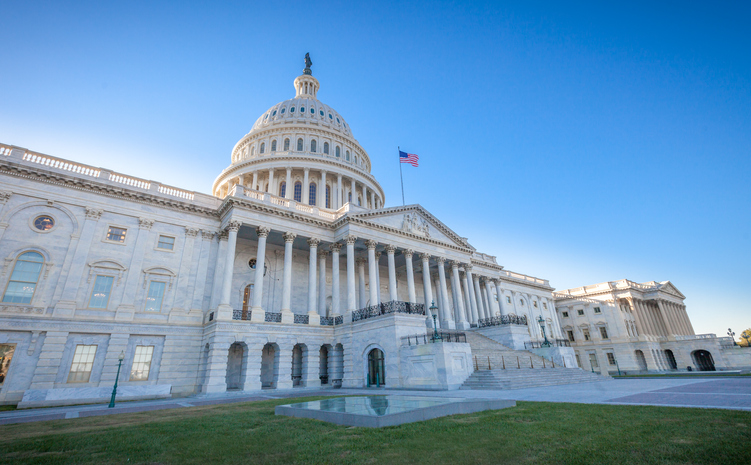
The new Republican majority in the House of Representatives has wasted little time in pushing ahead with its agenda of restricting progress in schools, banking on the idea that more Americans than the small minority of conservative, vocal parent agitators want today’s students to experience the same education they did 40 years ago. Although their bill has no chance of being passed by the Democratic-run Senate, it is an indicator of GOP intent to influence education policy and practice at the federal level, despite the right wing of the party campaigning to defund the Department of Education. It brings the far-right movement of banning books, whitewashing history, and restricting transgender students from school board meetings and state legislatures to Washington.
House Speaker Kevin McCarthy has made the Parents’ Bill of Rights Act a priority, claiming GOP lawmakers were “keeping our promise, our commitment to America, that parents will have a say in their kids’ education.” The bill passed 213–208, with only five Republicans—mostly members of the Orwellian-named House Freedom Caucus—voting against it. More than 100 Republicans supported an amendment to terminate the Department of Education’s authority and endorsed vouchers that would send public funds to private schools.
The bill would require schools to publish course curricula and lists of books kept in their libraries and would reaffirm parents’ ability to regularly meet with educators, speak at school board meetings, and examine school budgets—much of which is already common practice, highlighting the symbolism of the legislation.
Conservatives’ attacks on the teaching profession have migrated from local school board fights to Republican-held statehouses and now to the floor of the US House.
“I think what we’re seeing here today is the Republican Party’s attempt to take some of the most heinous legislation that we are seeing passed on the state level to attack our trans and LGBT [students’], as well as people from marginalized communities, right to exist in schools,” Rep. Alexandria Ocasio-Cortez (D-New York) said during the bill’s debate.
Public school education in the US has become an issue that many conservatives believe they can use to bolster support from parents and other voters who are being led to believe that inclusivity will somehow lead to amorality. This is not a new tactic—in the past, parents’ rights and the protection of children have been cited as justification for segregation, limiting girls’ education, and monolingual instruction.
Attempted book bans and restrictions at school and public libraries doubled in 2022 to their highest number since the American Library Association began keeping records, according to a new report. The association said that the “vast majority” of the targeted books were “written by or about members of the LGBTQIA+ community and people of color.”
“Parents want schools focused on reading, writing, and math, not woke politics,” claimed Rep. Mary Miller (R-Illinois) during the debate. Teachers also want to focus on reading, writing, and math within an inclusive environment in which all students are valued and their social– emotional needs are recognized.
The US public education system and its educators have provided the bedrock for this society of diverse immigrants to flourish over the last century. For that very reason, they will always have their detractors, but critics should beware of fear mongering that may lead to increasing divisions within our society.





